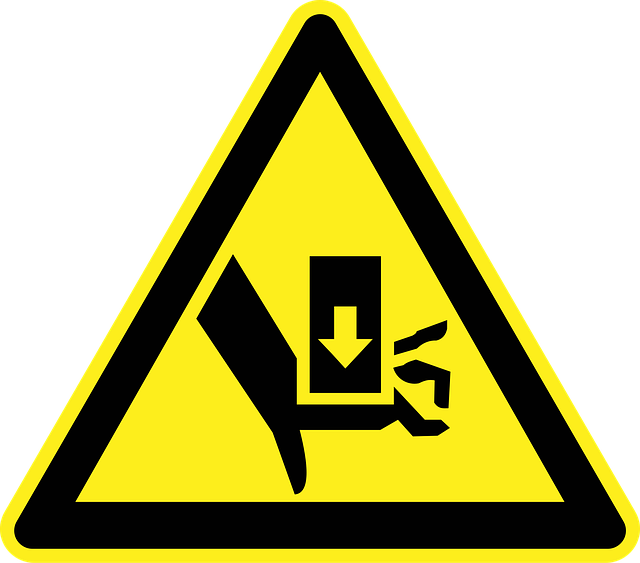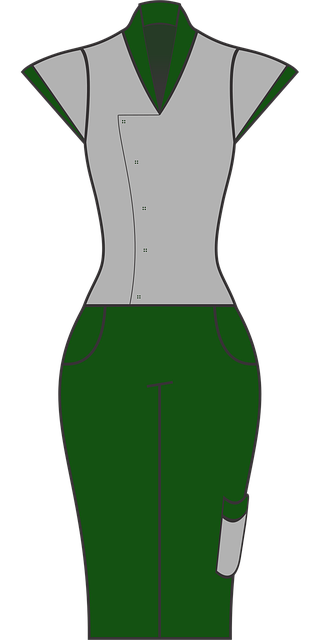Compiling medical records and relevant evidence, including detailed treatment notes, photographs, witness statements, and surveillance footage, is crucial for demonstrating negligence and quantifying compensation in injury cases like Miami truck accidents or product liability claims. Filing legal claims involves identifying responsible parties, assessing damages, notifying insurance companies, and pursuing compensation from negligent parties or their insurers within jurisdiction-specific time limits. After settlement or verdict, the next step is negotiating a fair settlement or proceeding to trial, gathering evidence and expert testimony for claims like nursing home neglect.
Navigating a personal injury case can be complex, but understanding key post-settlement steps is crucial. This guide outlines essential actions after an incident, designed to help you manage your injury case timeline effectively. From gathering medical records and evidence to filing legal claims and negotiating or proceeding to trial, each phase demands careful attention. Following these steps ensures a strategic approach, maximizing your chances of a favorable outcome in your injury case timeline.
- Gather Medical Records and Evidence
- File Legal Claims and Notifications
- Negotiate or Proceed to Trial
Gather Medical Records and Evidence

After a personal injury incident, one of the critical steps in an injury case timeline is gathering all relevant medical records and evidence. This process involves obtaining comprehensive documentation from healthcare providers who treated the victim for their injuries. Medical records play a pivotal role as they provide detailed insights into the extent of the injuries, treatment plans, and recovery progress. In cases like Miami truck accidents or product liability claims, these records can be instrumental in demonstrating negligence and quantifying the medical malpractice compensation sought.
Additionally, collecting evidence such as photographs, witness statements, and surveillance footage (if available) helps strengthen the case. These materials can serve as compelling visual or textual proof to corroborate the victim’s account of events, especially when pursuing a product liability claim or navigating complex legal battles. Timely gathering and organizing these documents are essential to building a robust case strategy.
File Legal Claims and Notifications

After a personal injury incident, one of the crucial steps in an injury case timeline is to file legal claims and notifications. This process begins with determining the entities responsible for your injuries and the extent of your damages. If you’ve been involved in a motor vehicle accident, it’s essential to consult a motor vehicle accident attorney who can guide you through this complex landscape. They will help ensure that all necessary paperwork is filed within the prescribed time limits, which vary by jurisdiction.
Filing claims involves submitting notifications to insurance companies and, if applicable, initiating legal proceedings against negligent parties or their insurance providers. This step is vital to protect your rights and secure medical bill compensation for the treatments you’ve received due to the injury. In partnership disputes or other complex scenarios, these initial filings can also set the stage for further negotiations or litigation, ensuring that you receive fair and adequate compensation for your injuries.
Negotiate or Proceed to Trial

After a personal injury case has been settled or a verdict reached in court, the next step is crucial – negotiating a fair settlement or proceeding to trial if an agreement cannot be reached. This phase is pivotal in the entire injury case timeline, as it determines the final compensation for the victim’s injuries and losses. If the injured party and the defendant’s insurance company can’t mutually agree on terms, litigation becomes inevitable.
Proceeding with a wrongful death claim or a nursing home neglect lawsuit requires gathering additional evidence and expert testimony to strengthen the case. This stage often involves extensive negotiations, mediation, or even arbitration before reaching a resolution. The goal is to secure a just outcome that reflects the severity of the accident settlements and their impact on the victim’s life or the loss suffered by the family in the case of a fatal incident.
Navigating a personal injury case can be complex, but understanding key milestones in an injury case timeline is essential. From gathering medical records and evidence to negotiating or proceeding to trial, each step plays a crucial role in ensuring a fair outcome. By promptly filing legal claims and staying proactive throughout the process, individuals can enhance their chances of obtaining compensation for their suffering and securing a favorable resolution in their injury case timeline.






